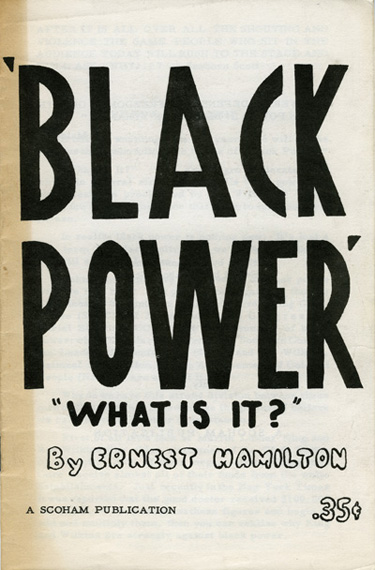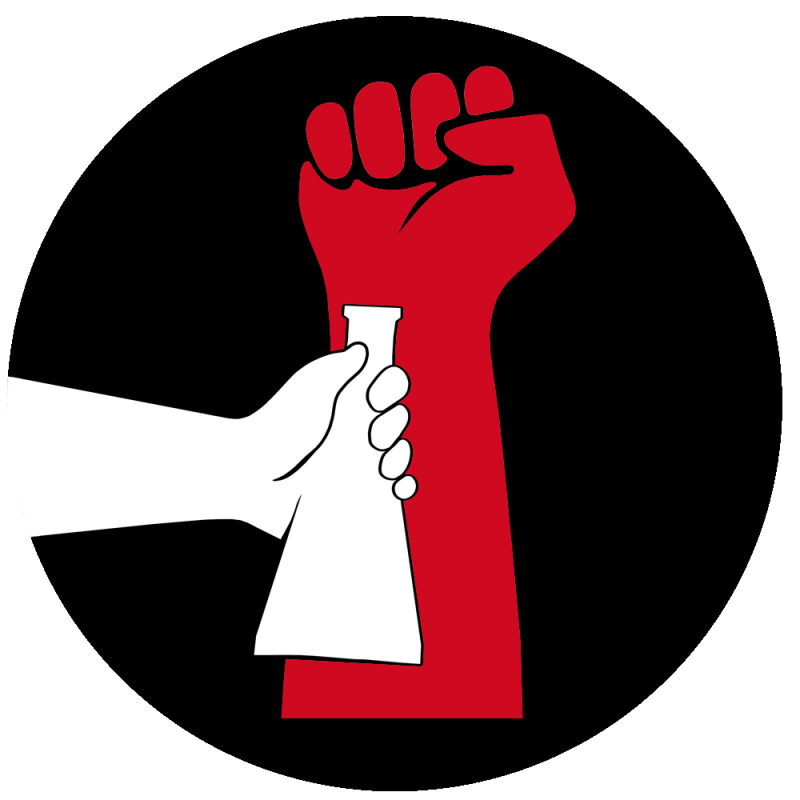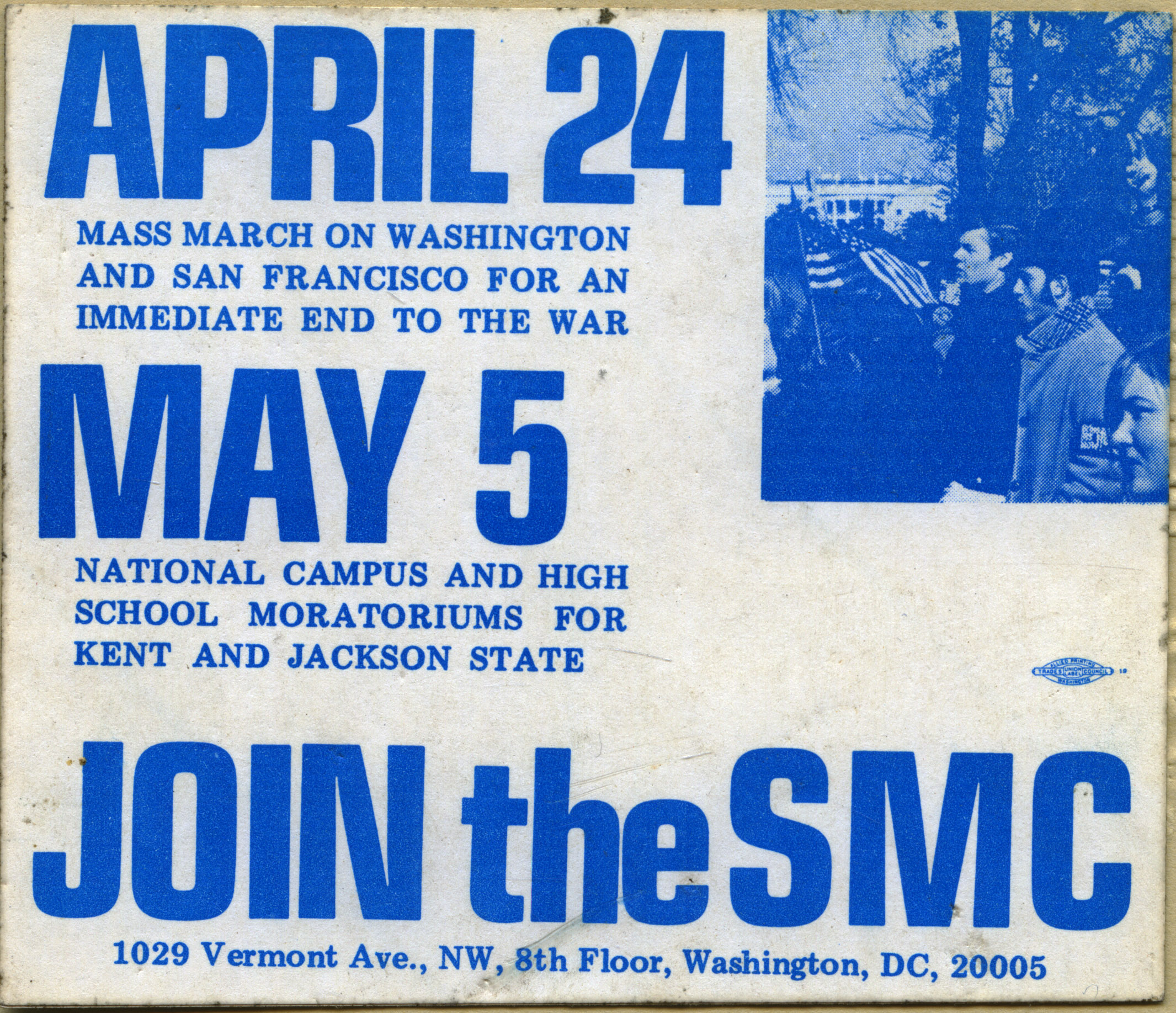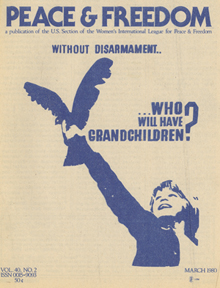Laura M. Ross Papers
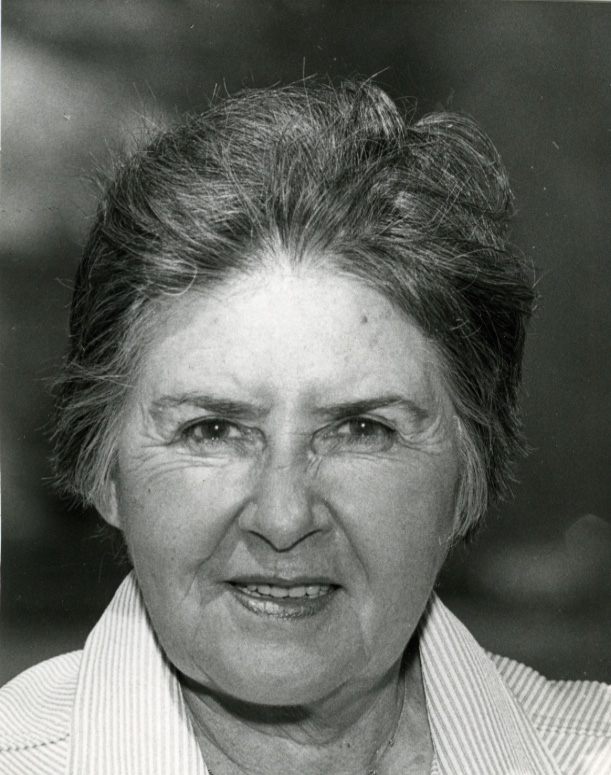
Born in the coal mining town of Blossburg, Pa., in 1913, Laura Ross (nee Kaplowitz) grew up in poverty as one of seven children of Lithuanian immigrants. In about 1932, Ross married Harry Naddell, a wine merchant, and settled into a comfortable life Brooklyn, N.Y., raising a son and daughter. During the Second World War, however, she became intensely politicized through her work with Russian War Relief, joining the Communist Party and eventually divorcing her les radical husband. Moving to the Boston area, she married Max Ross in 1963, an attorney for the Massachusetts Bay Transportation Authority, and became a noted presence in a wide range of political activities, working for civil rights, the antiwar movement, and for many years, helping to run the Center for Marxist Education in Central Square , Cambridge. Perhaps most notably, between 1974 and 1984, Ross ran for Congress three times on the Communist Party ticket, taking on the powerful incumbent Tip O’Neill and winning almost a quarter of the vote. An activist to the end, Ross died in Cambridge on August 5, 2007.
The Ross papers are the legacy of a highly visible activist, organizer, educator, and member of the Communist Party USA. Heavily concentrated in the period 1967-1990, the collection includes material relating to her affiliation with CPUSA and her work with the Center for Marxist Education in Cambridge, Mass., including information on party membership, platforms, and conventions, minutes from various district committee meetings, material relating to the People’s Daily World, and course information and syllabi. Scattered throughout the collection are materials pertaining to contemporary political issues and elections, particularly the policies associated with Ronald Reagan. Ross was a vocal and persistent opponent of Reaganomics and the nuclear arms race that Reagan accelerated.


